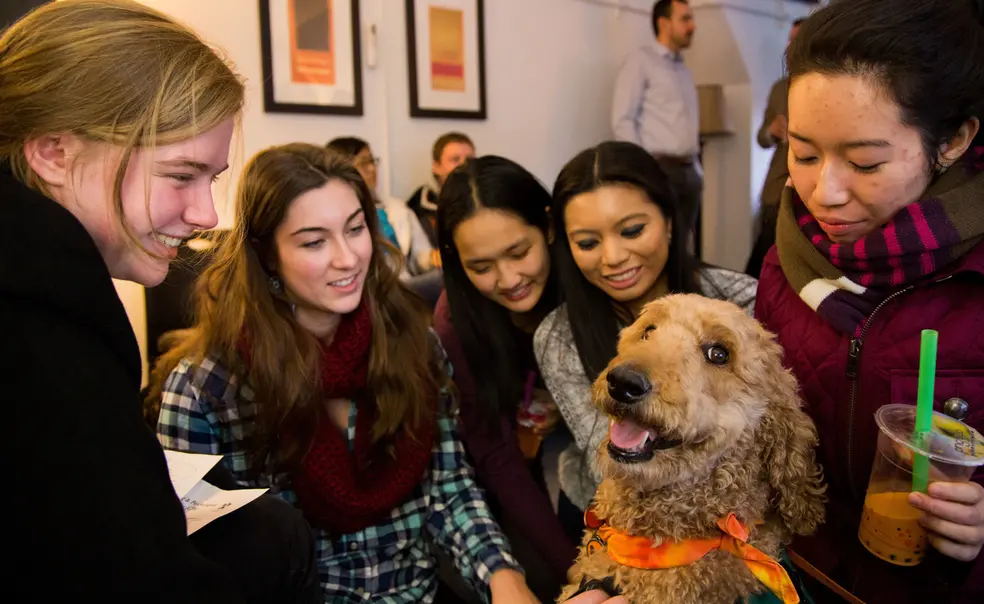Princeton Bolsters Mental Health Care for Students
A working group’s report makes 32 recommendations
In September, the University released a report with 32 recommendations aimed at improving and expanding mental health resources for students such as training for residential life coordinators, identifying funding for off-campus care transportation, and expanding the Outreach Counselor program.
The 28-page report, “Exploring Mental Health Resources at Princeton,” was developed by a working group that included representatives from the Undergraduate Student Government (USG), University Health Services (UHS), and the Office of Campus Life. Three quarters of the recommendations have either been completed, are ongoing, or are expected to be completed by the fall of next year.
USG representative Stephen Daniels ’24 told PAW the report is “meaningful progress towards improving campus mental health.”
The recommendations include a wide variety of tasks both big and small, from adding counselors’ pictures to the CPS directory to implementing a 24/7 on-demand counseling option. Other highlights include the re-establishment and institutionalization of a student health advisory board and fundraising for the TigerWell Initiative.
The seven recommendations that are still under review include referencing students’ dining hall meal swipes when assessing well-being concerns, developing a mental health screening tool for students to complete at the start of every academic year, and improving funding for off-campus mental health care.
Last spring, a USG-sponsored referendum calling on campus stakeholders to “investigate unmet demand in University-provided mental health care resources” passed with a 96 percent majority.
Over the summer, the working group convened a series of seven Zoom calls to examine the current experience of students. The group gathered student feedback, discussed students’ experiences, analyzed existing University resources, and reviewed peer institutions’ resources before finalizing the recommendations.
“It was about learning to hear what students are saying about their own well-being,” said Rochelle Calhoun, vice president for campus life, at the September meeting of the Council of the Princeton University Community, where the report was discussed the day prior to its public release.
“The workgroup that met this summer was a wonderful example of the power of collaboration between students and administrators,” said Calvin Chin, director of CPS. “Together, we were able to identify concrete things that we could do to improve mental health on campus.”
The report is available on the Office of Campus Life website, and the working group intends to release quarterly reports to detail progress.












No responses yet